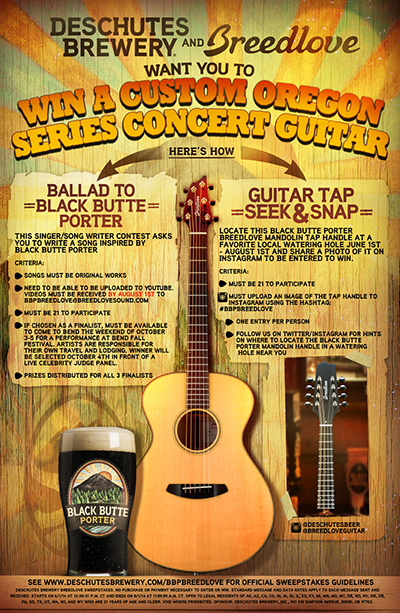Do you need a water filter?
Installing a water filter doesn’t have to be a difficult task and luckily, there are plenty of options of systems that you can do by yourself without needing to call a plumber or a professional.
If you’re prone to using a lot of water bottles or you drink a lot of tap water, filtering water at your home is a cost-effective and eco-friendly option that can provide great tasting and clean water that will continuously keep you and your family hydrated and healthy.
Water bottle prices are quite staggering. Water experts predict that plastic bottles cost up to 2,000 times more per family than using filtered tap water. At an average cost of $1.22 per gallon, people are spending 300 times the cost of simply drinking it out of the tap, making the upfront cost of water filters easier to digest. That’s pretty absurd.
According to marketing expert Nick Colas, Americans spend an average of $13 billion per year on bottled water. An inflation that is almost twice the cost of a gallon of regular gasoline.
What’s equally staggering is that we don’t have to, the option to purify your home for clean water is easily accessible but many people simply choose not to.
If saving the planet and buckets of money is up your alley, and you live in an area where water quality can be inconsistent, here are a few water filter comparisons that you should consider if you’re looking to ditch the water bottles for good.
Water Filter Options
Whole House Filters, while an excellent choice to filter your entire home, tends to come with a little bit more complicated of an installation and can really only be an option if you own the home, sorry renters.
Under sink filters are very popular among the masses because they remove more harmful contaminants than pitcher-based filters and it filters the water right out of the tap without taking up valuable counter or fridge space.
Under the sink filters have been tested to remove harmful chemicals and contaminants like chlorine, herbicides, and pharmaceuticals. Each unit comes with step-by-step instructions to follow and DIY installation videos.
Countertop water filters feature an easy startup installation that is easier than under the sink models. Countertop filters can set you up in minutes to have a clear source of pure water. Clean water machines are good options to the alternative of water pitchers as they have a longer lifespan. Clean water machines use speed instead of having to wait for the water to filter through like stand up pitchers.
Some countertop filters come with a hose that easily adapts to your tap nozzle and instantly filters your water.
Read Also: TRADE Food Hall Launches Mexicana Concept: Tavo’s Cocina
Water filter bottles & pitchers are also great options to get pure water. They can remove up to 99% of bacteria, chlorine, lead, and heavy metal from your tap water. Standard filter water bottles can hold up to 20 ounces of pure drinking water. The stainless steel models are designed to make sure your water stays cold for hours. Researchers claim that owning one water filter bottle can help reduce the equivalent of 600 plastic water bottles into the environment. Think about much better that water would taste if you know you’re doing it to help the planet.
When you buy a countertop filter, you’re going to want to follow these steps. First, you have to set a price range. Don’t invest into a system that you might not necessarily use or get the most out of.
Which filter is right for me?
You should always test your water first. There are plenty of water kits available that will tell you the level of your water. Some models can tell you exactly which contaminants are in your water too. Imagine all the potentially harmful things we’re putting into our bodies without even knowing it?
You’ll then want to research which contaminants are present in your water and check out which ones are the most harmful to you, and ensure your water filter is certified for those contaminants.





